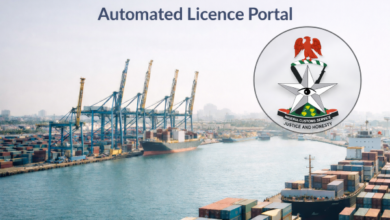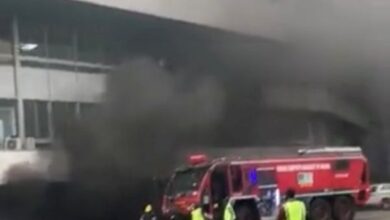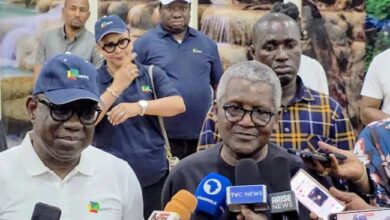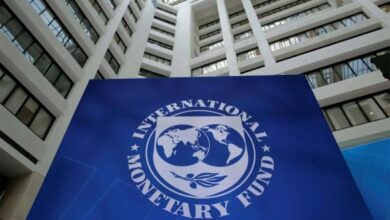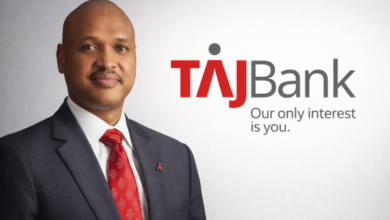Poverty: NG-CARES structures effective for distributing palliatives – World Bank
 Prof. Foluso Okunmadewa, World Bank Task Team Leader for NG-CARES has said taht the Nigeria COVID-19 Action Recovery and Economic Stimulus (NG-CARES) social protection structures in 36 states and the FCT can effectively coordinate the distribution of the proposed Federal Government palliatives across the country.
Prof. Foluso Okunmadewa, World Bank Task Team Leader for NG-CARES has said taht the Nigeria COVID-19 Action Recovery and Economic Stimulus (NG-CARES) social protection structures in 36 states and the FCT can effectively coordinate the distribution of the proposed Federal Government palliatives across the country.
Okunmadewa stated this in an interview with the News Agency of Nigeria (NAN), on Monday in Abuja.
”The CARES programme is in all the 36 states and the FCT. It is being supported by the Federal Government and the World Bank both in terms of financial resources and technically assistance.
”States are currently using their own implementing units to deliver services and goods to the poor and vulnerable in their states in all the three major areas that the programme supports,” he said.
Okunmadewa also said that states have the manpower, institutions and structures to be able to support the poor and vulnerable the way they are currently structure.
” They have social protection structures, they van transfer cash because they have a very solid registry managed by the states planning ministries and they have a database of the poor.
”They also have a good mechanism, one of the best in the world for identifying the poor and vulnerable which they have been using since 2015 and up to date every state have been able to use it for several programme that international partners are even supporting in all the 36 states and the FCT,” he said.
Similarly, the don said states have staff that are trained in agriculture to support farmers and they also have mechanism to Micro and Small Enterprises (MSMEs).
” Some of them are partnering with the Bank of Industry to provide assistance to MSMEs. So, they already have shock responsive mechanisms.
”The only thing that is lacking is resources in the hands of these states to cover more ground and this is where the world bank and development partners come in
Also speaking, the National Coordinator of NG-CARES, Dr Abdulkarim Obaje, said the structures that are being used to implement the NG-CARES programmes are owned by state governments and have the paraphernalia in terms of institutions, staff and funding to a large extent.
”The NG-CARES formation was brought about by the governor’s themselves, they requested for it,” he said.
Obaje said that the removal of fuel subsidy and the palliatives being planned, are some ”shock responsive mechanisms” that the NG-CARES structures being state-government owned initiative, have the capacity to manage.








